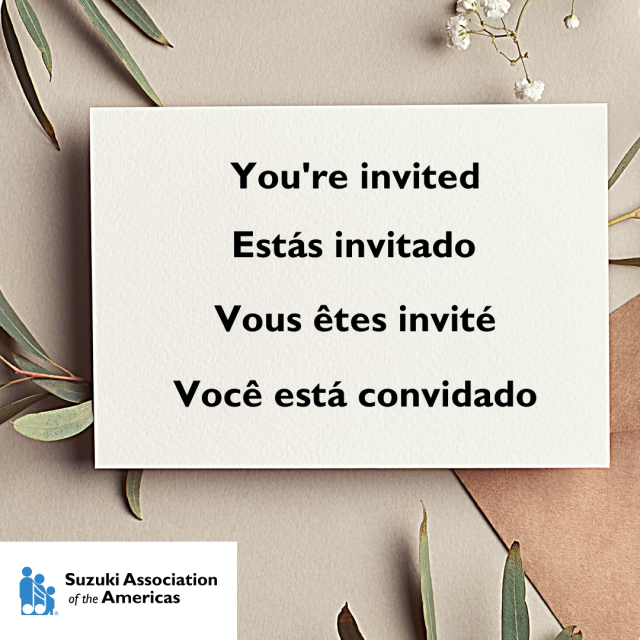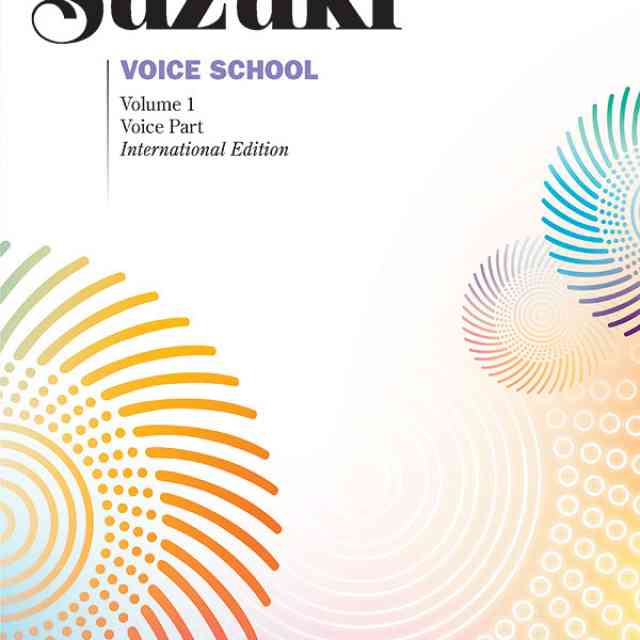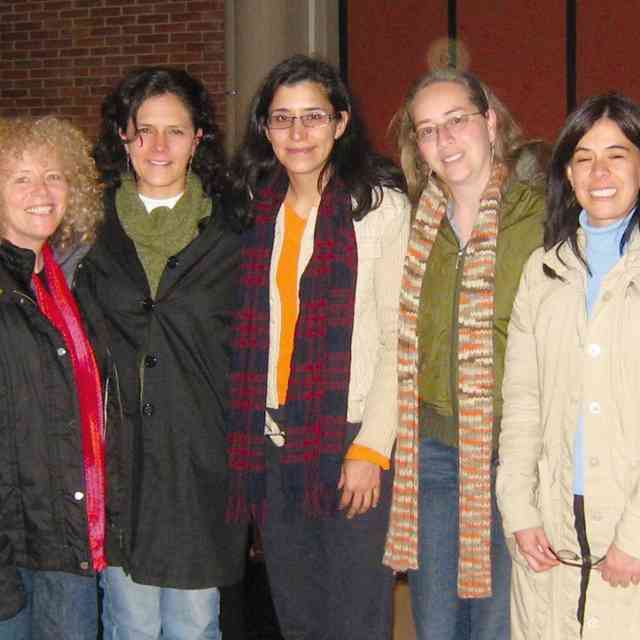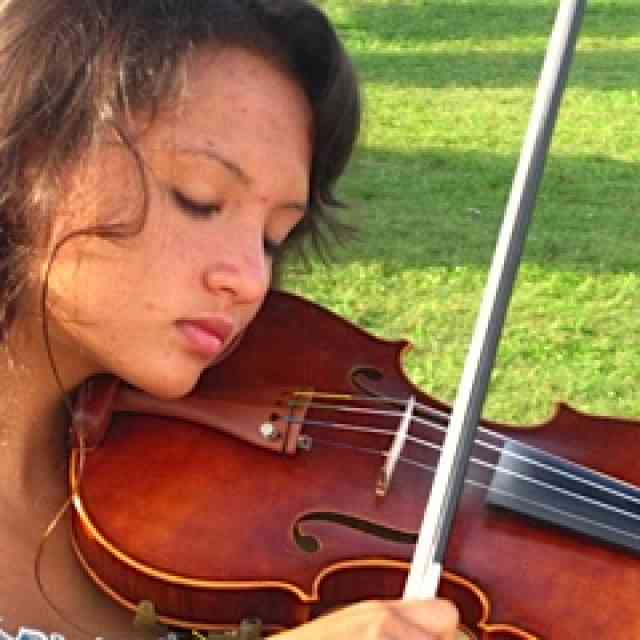It is an honor to be included in the ASJ’s 50-year celebration issue. I am extremely proud of the SAA’s accomplishments over the years and greatly appreciate the work of our volunteer leadership in bringing the organization to this 50-year milestone. Thank you to Angelica Cortez and editor Allie Reed for this opportunity to reflect on my leadership and these years of growth.
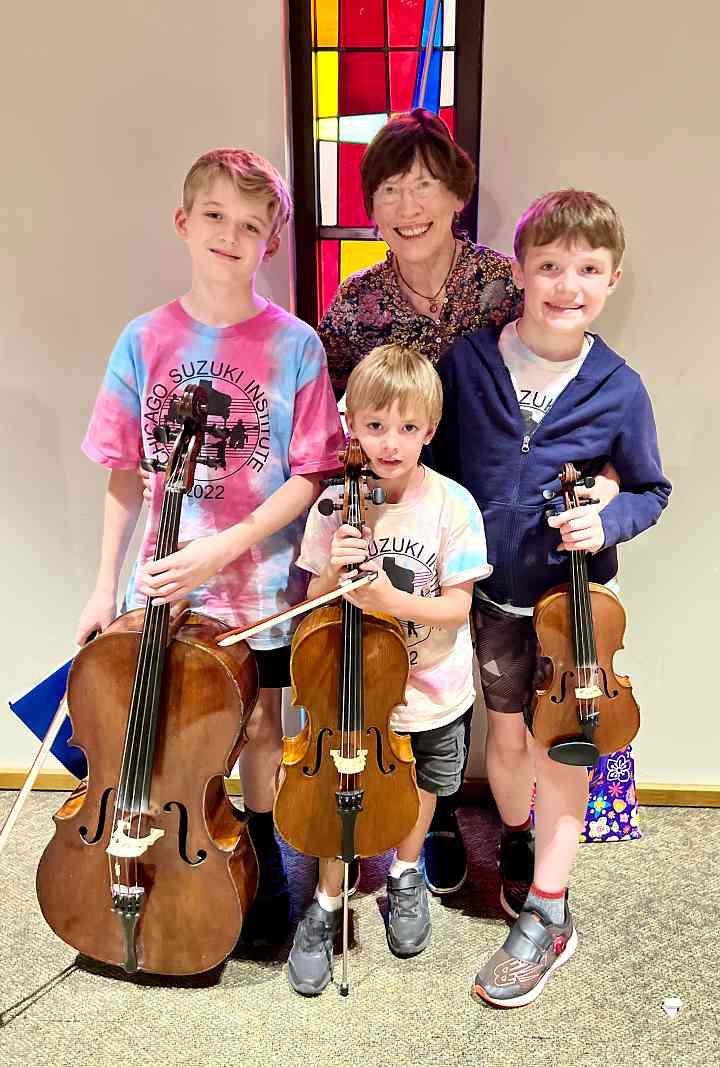
Pam with her three grandsons at the 2022 Chicago Suzuki Institute
My beginnings with Suzuki
In 1977, Suzuki programs were getting well underway in Evanston, Illinois, where my family and I lived. Everything I heard about Suzuki immediately resonated with me. The Suzuki approach seemed to align well with the method of language teaching and learning that I had been exposed to in teacher education courses and in my own classroom teaching experiences. Music has been a passion of mine since childhood, so I was thrilled to learn more about the Suzuki Method and to provide the Suzuki experience for my family.
We moved to Colorado in 1981, and our Suzuki involvements broadened and commitments deepened. [Insert-see note] With encouragement from Carol Tarr and Jim and Jackie Maurer, I became actively involved in the Suzuki Association of Colorado and then in the administration of the Denver Suzuki Institute, Denver Talent Education, and the Rocky Mountain Chamber Music Camp, along with part-time work in the public schools.
In the spring of 1991, I was recruited and hired by the SAA. I was honored yet humbled to work for the organization representing the entire region! It was a challenging time for the SAA, both financially and operationally, but membership growth was strong. SAA founders and other early Suzuki pioneers were still vitally involved in leading the organization. Over the span of my involvement with Suzuki education, I have had the good fortune to work alongside countless creative, passionate teachers, musicians, and parents. I am extremely grateful for the experience of working within the Suzuki community.
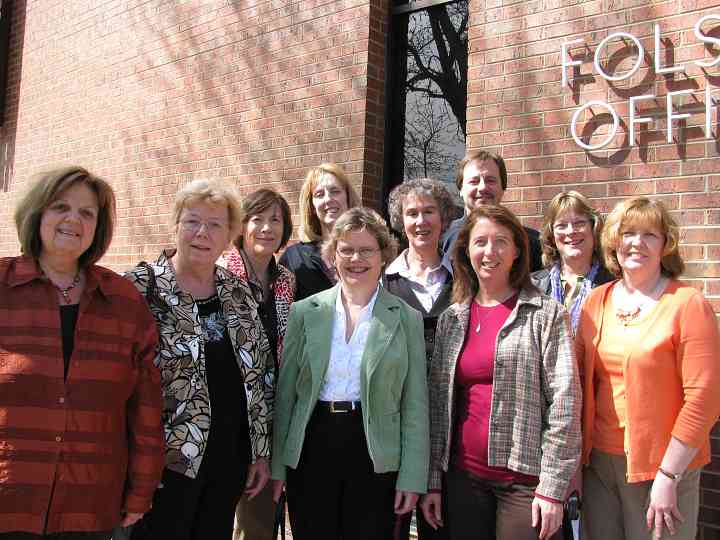
2010 Board oustide of the Folsom Street office, the SAA’s office for 20 years
Pivotal years: A period of change and development
The decade from 1994 to 2004 stands out as a period of development and change throughout the SAA. It became clear that SAA needed to create a long-range vision for excellent Suzuki education. We needed to establish programs and processes that would support excellence and continue to move us beyond being merely a Suzuki movement towards becoming a professional Suzuki organization. There was a critical need for a professional system for Teacher Trainer selection.
Over those 10 years, a committee referred to as the Teacher Development Challenge Team (TDCT), led by Board Chair and Kellogg fellow Dr. Jeffrey Cox, worked intensely to meet those needs. By 2001, a new SAA Teacher Trainer application was fully developed, along with valuable tools for evaluating applications. Along the path to completing the requirements, applicants are encouraged to self-assess, using the same tools by which they will be evaluated. Still in place after 20+ years, the process endeavors to be as clear, fair, and balanced as possible.
Additional committee work in the early 2000s led to new Teacher Development programs: the SAA Practicum course, Every Child Can! and preliminary steps toward developing the Certificate of Achievement.
Several important Board initiatives took place early on in this 10-year period between 1993-2004. Fund-raising became a new Board and organizational focus, supported through a Board education grant from the Kellogg Foundation. This effort resulted in steady growth of SAA’s Teacher Scholarship Program and enabled the SAA to support growing programs throughout Latin America. This increased focus on individual and charitable giving was an important step toward fulfilling the association’s mission to support teacher development throughout the Americas.
A further exciting Board initiative was the establishment of an SAA Honorary Board in 1995. The Board hoped to strengthen the SAA’s stature as a recognized and respected professional association known for excellent teacher education and child-centered teaching. To represent these ideals, the Board selected its first slate of outstanding musicians, educators, and leaders to lend their names in support for our goals. Among the prestigious names on the current list are Dr. Robert Duke, Paul Kantor, Timothy Eddy, and Dr. Carol Dweck. (Please refer to the impressive list of current Honorary Board members and Emeriti members on the SAA website.)
At the peak of this decade, in 1998, the world lost Shinichi Suzuki at age 99. Waltraud Suzuki also passed away soon after. The Suzuki community mourned the losses and celebrated the gifts we had received. Memorial events in Matsumoto, Japan, were unforgettably beautiful.
Biennial Leadership Retreats began in 1995, welcoming anyone involved in SAA work: Teacher Trainers, instrument and early childhood committees, conference teams, institute directors, chapter affiliates, Latin American leaders, board members, plus anyone interested in becoming more involved in SAA work. Latin American “Encuentros” (comparable to Leadership Retreats) got underway, and festivals featuring Suzuki teacher training began to flourish.
Alongside all these new developments, the Board recognized the need for improvements in its work. As SAA entered the 21st century, it had grown geographically and added more instruments, programs, and activities. A large “working board” for a dynamic international association was not considered practical. It was difficult to stay informed and find consensus. Many other organizations were experiencing challenges with organizational structure at that time, as well. The Board searched for appropriate solutions and discovered Policy Governance, a system that seemed to provide some solutions. It was adopted in 1999-2000. The Board became smaller and elected its own Chair. Every Board member was given an equal voice. The full Board worked together to establish and maintain its own policies and the policies that guide the management of the organization. Policy Governance, like Suzuki education, requires ongoing study and occasional policy updates and adjustments. Overall, governing policies enable boards to work more efficiently and better carry out their role as the organization’s visioning body.
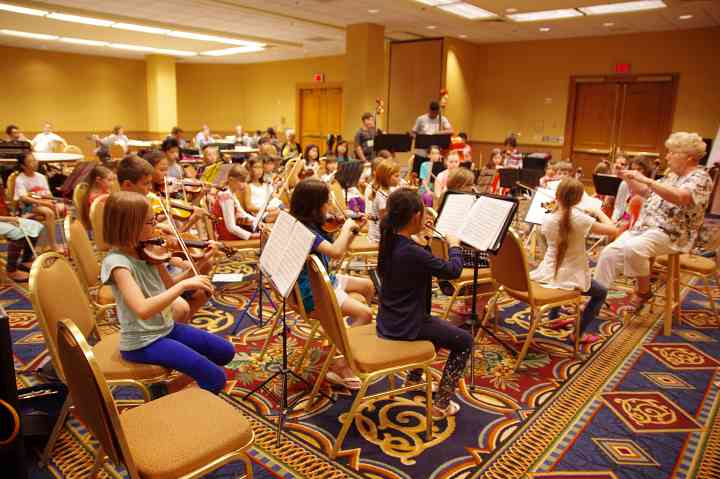
SYOA1 Orchestra at 2016 Conference, Marilyn Kesler conductor
Reflections on leadership
Standing out among the many leadership development tools offered to members at conferences and retreats in the 1990s and onward was the concept of Servant Leadership. Its central idea is to lead by serving others. Servant Leadership places great value on the virtues of humility, trust, altruism, appreciation, stewardship, empathy, gratitude, and listening for understanding. These values align well with the Suzuki philosophy. I believe that Servant Leadership has motivated many members—even those who may have been reticent—to become more committed and involved. Enabled by the ideas of Servant Leadership, they feel needed, welcomed, inspired, and empowered to step into volunteer leadership positions wherever their service is needed. These ideas have guided my own SAA work, as well.
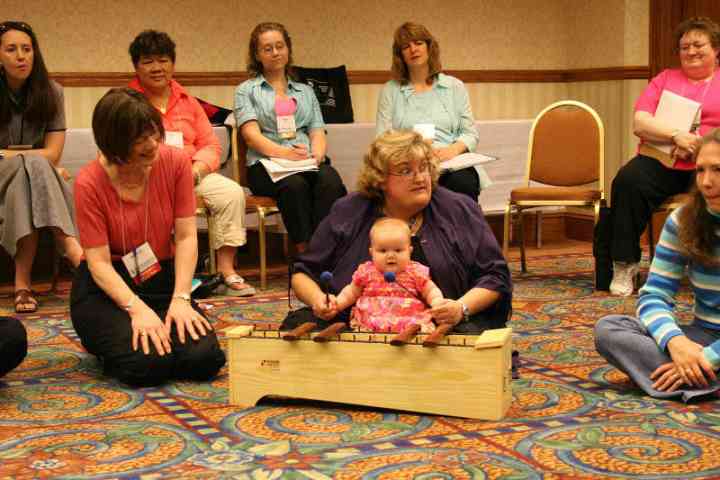
SECE demontration class at the 2006 SAA Conference
Joyful moments
Many stellar student performances at SAA conferences, institutes, and festivals over the past 30 years stood out and brought many tears of joy. The International Ensemble Concerts have all been just amazing. Latin American Suzuki Ensembles (2008 and 2014) were brimming with enthusiasm, energy, and culturally-inspired music!
The Kaleidoscope Concert in 2012 was held in Minneapolis’ Orchestra Hall, hosted by WFMT’s Bill McGlaughlin. This delightful event featured outstanding young soloists, ages 5-14, with representation from most of our Suzuki-taught instruments.
Suzuki Youth Orchestras of the Americas and numerous other instrument choirs and ensembles were always inspirational. Perhaps among the most moving and memorable for me were the Piano Concerto performances with teacher orchestras, the group performances over the years by Parker School Suzuki students, and professional ensembles featuring Suzuki graduates—the Dryden Quartet, Claremont Trio, Albers Trio, among others.
I remain deeply grateful for the conference coordinators, conference team members, teachers, parents, and students who have supported such special events year after year! Cherished memories of participating in SAA Conference events have inspired many Suzuki graduates in their decisions to become Suzuki teachers! (Could the pull quote be the second sentence rather than the first? Otherwise, perhaps a different pull quote, as the 2 quotes are really similar.)
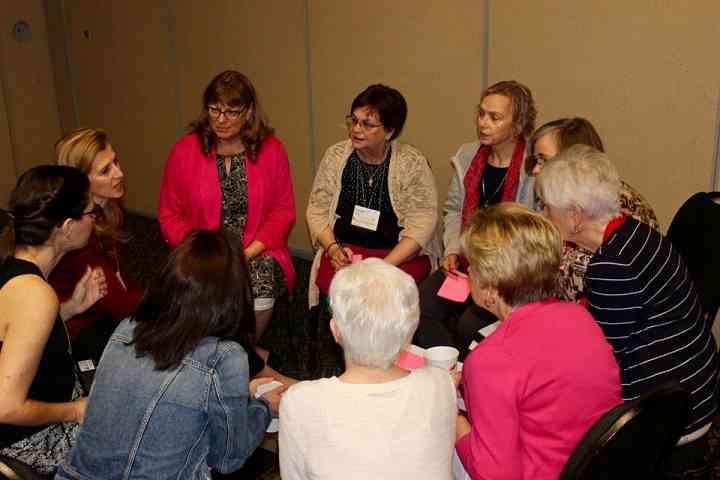
a typical enthusiastic breakout group at the 2019 Leadership Retreat
Looking to the future
By the time SAA reaches its 100th year or even sooner, I would envision that growth and widespread development would be such that:
… every country in North, Central, and South America could have its own association, with SAA serving as an umbrella organization.
… every state/province of the U.S., Canada, and Latin America could benefit from strong chapter affiliates.
… the biennial conference could rotate among the countries of the Americas, and a World Convention could take place somewhere in the Americas.
Some hopes for the more immediate future and beyond:
… in-person conferences and retreats be able to continue. SAA has held eighteen biennial conferences and fourteen leadership retreats so far! Suzuki teachers value the energy created by sharing and learning together. The 25-year-old tagline, “Creating Learning Community” still represents SAA well.
… we recognize and support the growth of Suzuki Early Childhood Education and Suzuki in the Schools. Along with the new Suzuki Brass Method and soon-to-appear Suzuki Clarinet Method, we have more resources than ever before to attract and reach teachers, children, and families and create a large, diverse Suzuki community.
… teachers continue to value in-person learning, while taking advantage of new technologies.
… we always remember that “excellent Suzuki education” includes more than teaching and learning attitudes and skills: it includes respect, fine character, appreciation for the intrinsic value of music, and much more! Dr. Suzuki wrote, “For the sake of the children, let us educate them from the cradle to have a noble mind, a high sense of values, and splendid ability.”
… the ASJ continue to share ideas and valuable information from throughout the SAA region, serving not only as an educational resource, but also as an archive of Suzuki development and progress.
… SAA continue to refine and expand its specialized, comprehensive teacher development program which stands out as quite unique among associations.
… expanding and strengthening the SAA community of learning, sharing, and friendship remain an essential value, reflecting a hope that Dr. Suzuki expressed in this inspiring statement from Where Love is Deep: “Let’s continue to study the method by which every child grows and to seek the way to raise children better and better; let’s together continue our quest for deeper study and practice. How fortunate it is that we have challenging lives in which we are walking together holding hands.”

